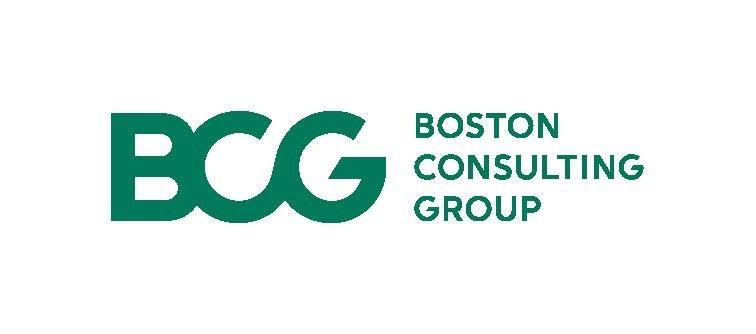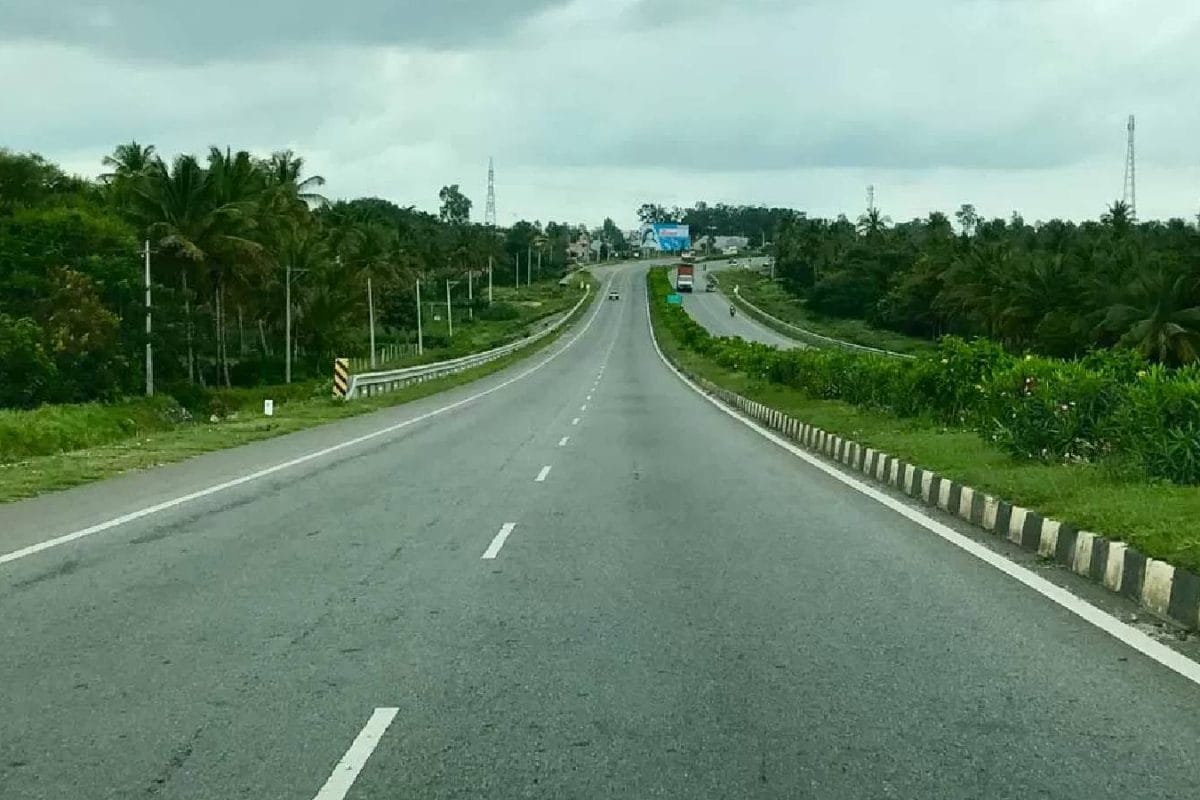India's fintech space is poised to chart strong growth over next 10-20 years, with major opportunities for players to go deeper in digital payments, and expand financial products such as credit and insurance to serve the underserved, according to MobiKwik cofounder Upasana Taku. Only 10% of Indians use multiple financial products today, and the remaining 90% represents a vast market for new services and innovation, she said. So I think the overall market opportunity is still very large, and next 5-10-20 years, is going to be a growth story when it comes to fintech or financial services, given India's goal of financial inclusion for everyone.
..As a fintech entrepreneur, I am very excited about what the future holds, Taku told PTI in a recent interview.

Taku said she is a big believer that this is an opportune time to be in the fintech market in India. There is a lot of opportunity, a lot of mindshare from the Government and policymakers, as well as from the regulator, they want to see the system grow, products reaching the last mile user..
.Within fintech, yes, there is a lot of competition, but everyone has their own mainstay, she pointed out. The parent company of the digital payments provider - One MobiKwik Systems, headed by husband and wife duo Bipin Preet Singh and Upasana Taku - made a stellar debut on stock market in December, although shares experienced significant decline (over 14 per cent) scraping a 52-week low in March this year after the IPO lock-in expiry.
With over 170 million users and 5 million merchant base, MobiKwik is now focused on driving profitability and growth in FY26, Taku said. Our mainstay is going to be differentiation on back of innovation of product, very high bar on governance and that tight rope of high growth and profitability, said Taku, a prominent face in India's fintech industry. The long-term vision of promoters and the management is to create 10-fold growth, she said.
On a long-term basis, the aim of the company, promoters and management is to create ten-fold growth, I think the opportunity is immense. This is the first year of being listed. I am excited to think that from 2009 to 2025, we reached till here.
..from 2025 to, say, 2035, where will we reach and how much can we grow by then.
..can we grow 5X or 10X.
..those are the things we are thinking about, she said.
On the broad trends and growth imperatives, Taku said that the softness on the lending side has made way for greenshoots , and exuded confidence that lending in all forms will see scaling up. More Indians will enter the investing and saving cycle, with insurance also set to grow, she noted, calling the opportunity 'immense'. MobiKwik is the largest wallet player, amongst the top players in the Bharat Bill Payment System (BBPS) segment, and a key player in UPI, Taku said adding she remains upbeat about the opportunities to go deeper into digital payments and financial products ecosystem.
It is an exciting time to be in fintech in India. In digital payments, we have done really well, UPI is reaching more and more people..
.But even today roughly 400-500 million Indians are actively paying digitally, everyone else is still on cash..
.that is the starting point, then there are financial products, be it credit, insurance, investing..
.10 per cent of India has access to multiple financial products, but 90 per cent of India does not, she said outlining the size of the market potential. AI-driven personalisation, automation, and data insights will unlock new offerings and transform the space, she said.
Asked if global macroeconomic challenges could impact domestic business sentiments, Taku admitted that global trade and tariff shifts trigger a chain of events affecting finance, jobs, and spending. However, she added, Mobikwik is battle-hardened and quick to adapt. I am the least politically-inclined person, but as an entrepreneur I am forced to understand what happened today in America, Canada or China, because as a reaction to that there will be chain of events that will impact business, because it will impact millions of Indians.
..And so even with all these different types of macro changes or headwinds, local or global, one has to keep charging ahead, she said.
According to her, the solution lies in adopting a model of diversification, derisking, and creating more lines of business. Instead of being in denial, we try to be early observers and adapt to change quickly, she said. It is pertinent to mention here that One Mobikwik reported a consolidated loss of Rs 55.
28 crore in the third quarter ended December 2024, against a profit of Rs 5.27 crore in the same period a year ago. The consolidated revenue from operation increased by about 18 per cent to Rs 269.
47 crore in the third quarter from Rs 228.93 crore in the year-ago period. In the first two quarters (FY25), we were profitable but not in the third quarter.
While were have done exceptionally well on payments, and margins are holding...
towards the second half of 2024 calendar year we saw some headwinds in the unsecured lending space, some of it driven due to regulatory notifications on pricing etc. and so there are tightening in the market, she said. The situation impacted not just MobiKwik but all banks, NBFCs and fintechs.
The ramification of that is that in our third quarter we are negative, because we have done so little disbursal as compared to last year same time, that it has an effect on EBITDA. But now we've learned from that, and the way we are trying to build our business is to de-risk from one product or one line of business, and have enough lines of business, she said. A case in point is the payments business, which spans 4-5 sub-categories - so if one slows in a particular quarter, growth in others can offset the dip.
There is bill payments, wallet, UPI, the payment gateway business, she said, the payment revenue is not just contingent on one but multiple revenue streams. Similarly, alongside the payments business, the company has built distribution business for various financial products, starting with credit products, then savings or investment products. The same with insurance products, that company is getting into.
So one learning is, we can't be dependent just on distribution of credit products. Second, we can't be dependent just on distribution of unsecured lending products. If we have, if we are distributing credit products, we better distribute secured and unsecured.
And by the way, we should also distribute savings product where there is no risk at all so to speak, because Indians are always into savings, she said..
Technology

India's fintech has come far, but so much more to be done: MobiKwik's Upasana Taku

MobiKwik cofounder Upasana Taku sees immense growth potential in India’s fintech sector, driven by digital payments and expanding financial services. With only 10% of Indians using multiple financial products, opportunities abound. The company aims for 10 fold growth through diversification, innovation, and a focus on profitability despite macroeconomic and regulatory headwinds.















